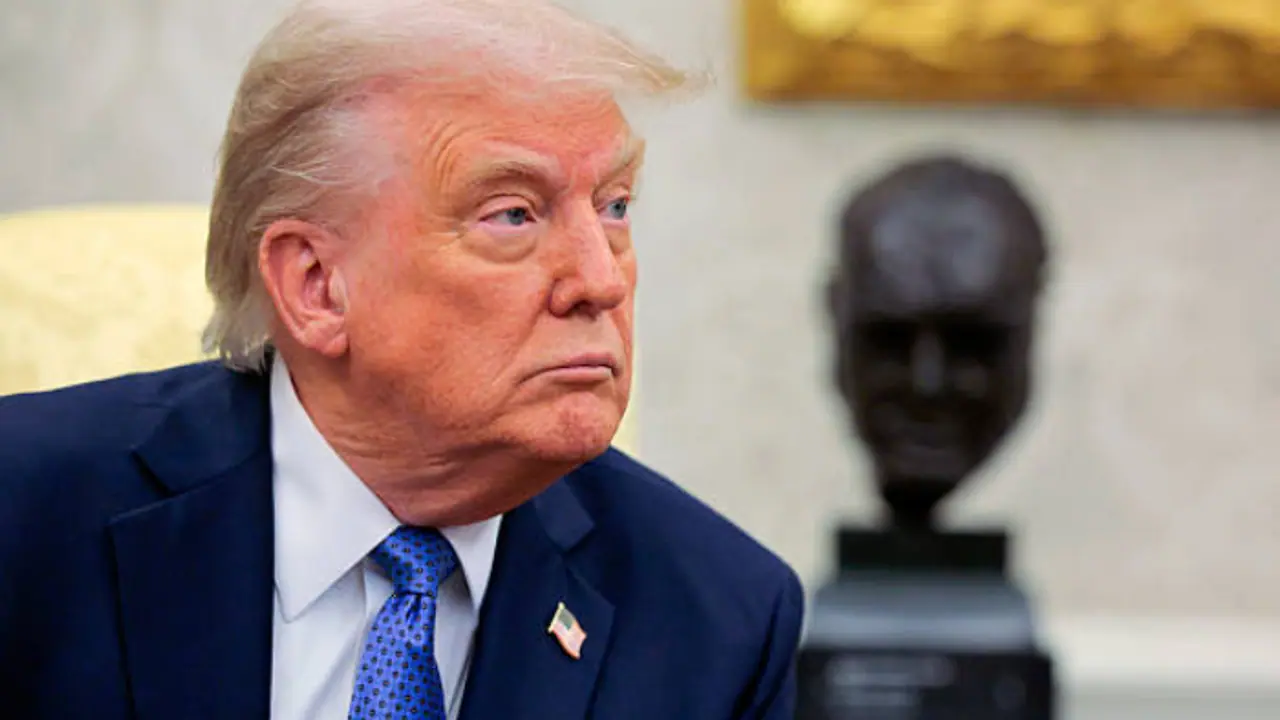Trump's use of executive orders has been one of the most notable aspects of his first 100 days.
US President Donald Trump's first 100 days in office have been marked by an unprecedented pace of change, with the 45th president shattering records and defying expectations. His tenure has been characterized by dramatic actions, controversial policies, and a complete reworking of long-standing norms.

By signing over 100 executive orders in just the early months, Trump has moved at a pace unmatched by any president in recent history. As noted by Politico, only Presidents Harry Truman and Franklin D. Roosevelt come close to his record-setting output, but even they didn't match the disruptive changes that Trump has initiated.
Breaking precedents with executive orders
Trump's use of executive orders has been one of the most notable aspects of his first 100 days. With over 100 orders signed in just several weeks, the speed and breadth of his actions have drawn comparisons to Truman's presidency. However, the number of orders is only a small part of the larger disruption Trump has caused.
From withdrawing the United States from international agreements like the Paris Climate Accord to unilaterally revising existing trade deals, Trump's decisions have reshaped both domestic and foreign policy in a way that is unprecedented in modern American history.
In what has been labelled an attempt to reassert presidential authority, Trump has frequently bypassed Congress and defied court rulings. He has even taken symbolic actions such as renaming large bodies of water and mountains, further cementing his reputation for upending traditional governance.
His deportation program, which has resulted in the detainment and deportation of hundreds of individuals, including US citizens, has sparked outrage and legal challenges. These moves highlight the extent to which Trump is willing to use executive power to push his agenda.
Tariffs: The most consequential policy
Perhaps the most consequential of Trump's actions during his first 100 days has been his implementation of tariffs. According to Politico's roundtable of experts, tariffs have been the defining policy decision of Trump's early presidency. His trade policies, particularly the imposition of tariffs on steel and aluminum imports, have had far-reaching effects on global trade, US industries, and relations with key trading partners.
Trump's aggressive trade stance has not only fueled tensions with China but has also strained the United States' relationship with its European allies. The tariffs are seen as a key factor in the growing tensions with both the European Union and China, a situation that could have lasting economic and political implications.
Experts are concerned that these actions could lead to inflationary pressures domestically, raising costs for American consumers while isolating the U.S. on the world stage.
Tensions with the EU and China
In addition to the tariffs, Trump's foreign policy moves have sparked concern among global leaders. As highlighted by Politico's Camille Gijs, Trump's escalating trade and political conflicts with China and the European Union are some of his most dangerous moves politically.
Gijs warned that these tensions could not only undermine Trump's standing domestically but also isolate the US internationally. By taking a combative stance toward traditional allies like the EU while simultaneously engaging in a trade war with China, Trump risks pushing both economic powers closer together, which could further weaken America's position on the global stage.
The shutdown of USAID
Another significant and controversial decision was Trump's decision to shut down USAID (United States Agency for International Development) during his first 100 days. This move, which eliminated key humanitarian aid programs, was widely criticized by experts, who saw it as a significant blow to the US's global influence and soft power.
Shutting down USAID has meant that US foreign assistance, which has helped millions of people across the world, has been severely reduced, cutting off crucial aid to impoverished countries and regions affected by conflict and disaster.


